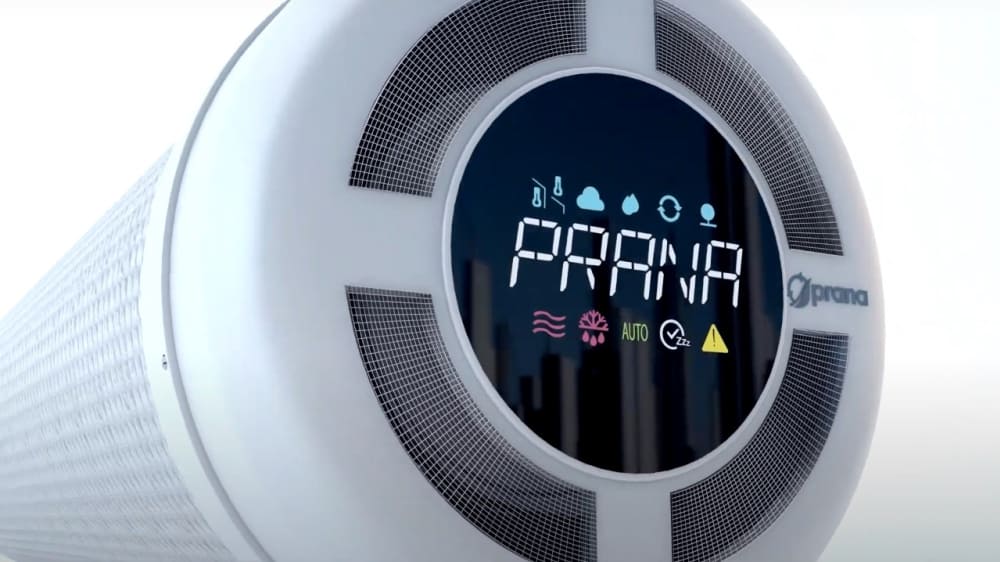Article: How much heat does a bioethanol fireplace produce?

How much heat does a bioethanol fireplace produce?
When it comes to heating your home, there are many options to consider. One popular choice for those looking for a clean and eco-friendly alternative is a bioethanol fireplace. But just how much heat can you expect from this type of fireplace? Let's delve into the details.
What is a Bioethanol Fireplace?
A bioethanol fireplace is a type of fireplace that burns bioethanol fuel, a renewable energy source made from fermented plant materials. Unlike traditional wood-burning fireplaces, bioethanol fireplaces do not produce smoke, ash, or soot, making them a cleaner option for indoor heating.
How Much Heat Does it Produce?
The heat output of a bioethanol fireplace can vary depending on the size and design of the unit. On average, a bioethanol fireplace can produce anywhere from 3,000 to 15,000 BTUs (British Thermal Units) per hour. To put this into perspective, a standard electric space heater typically produces around 5,000 BTUs per hour.
Factors Affecting Heat Output
Several factors can affect the heat output of a bioethanol fireplace, including the quality of the fuel, the size of the burner, and the ventilation in the room. Using high-quality bioethanol fuel can help maximize the heat output, while ensuring proper ventilation can help distribute the heat more effectively throughout the space.
Efficiency and Heating Capacity
While bioethanol fireplaces may not produce as much heat as traditional wood-burning fireplaces, they are known for their efficiency and clean-burning properties. These fireplaces are more about ambiance and supplemental heat rather than serving as the primary heating source for a home. They are a great option for adding warmth and a cozy atmosphere to a room without the hassle of traditional fireplaces.
So, if you're considering a bioethanol fireplace for your home, keep in mind that while they may not provide the same level of heat as other heating sources, they offer a unique and environmentally friendly way to enjoy the warmth and beauty of a fire.


